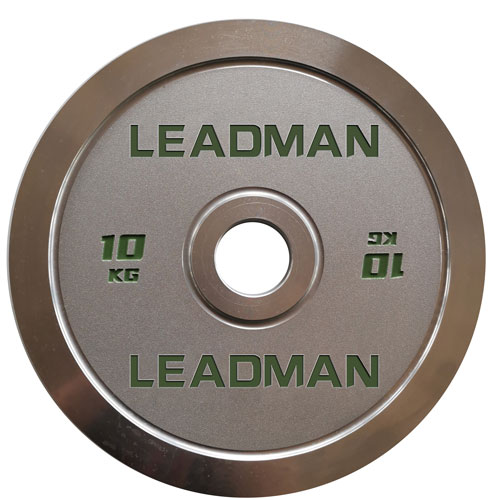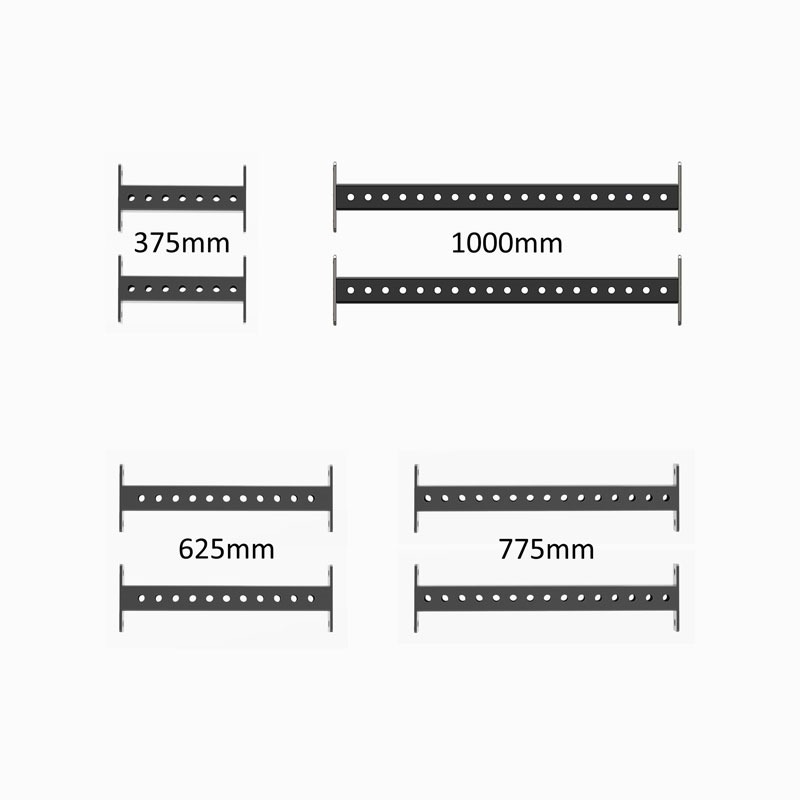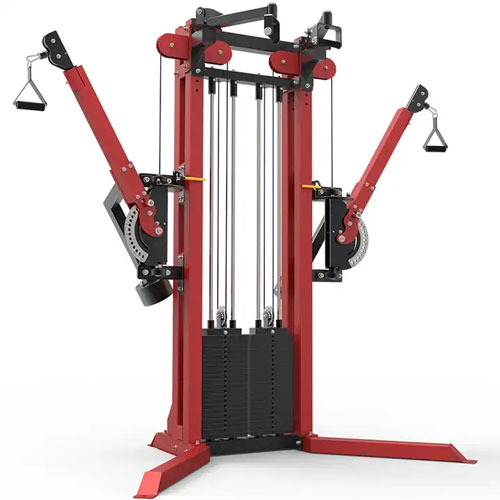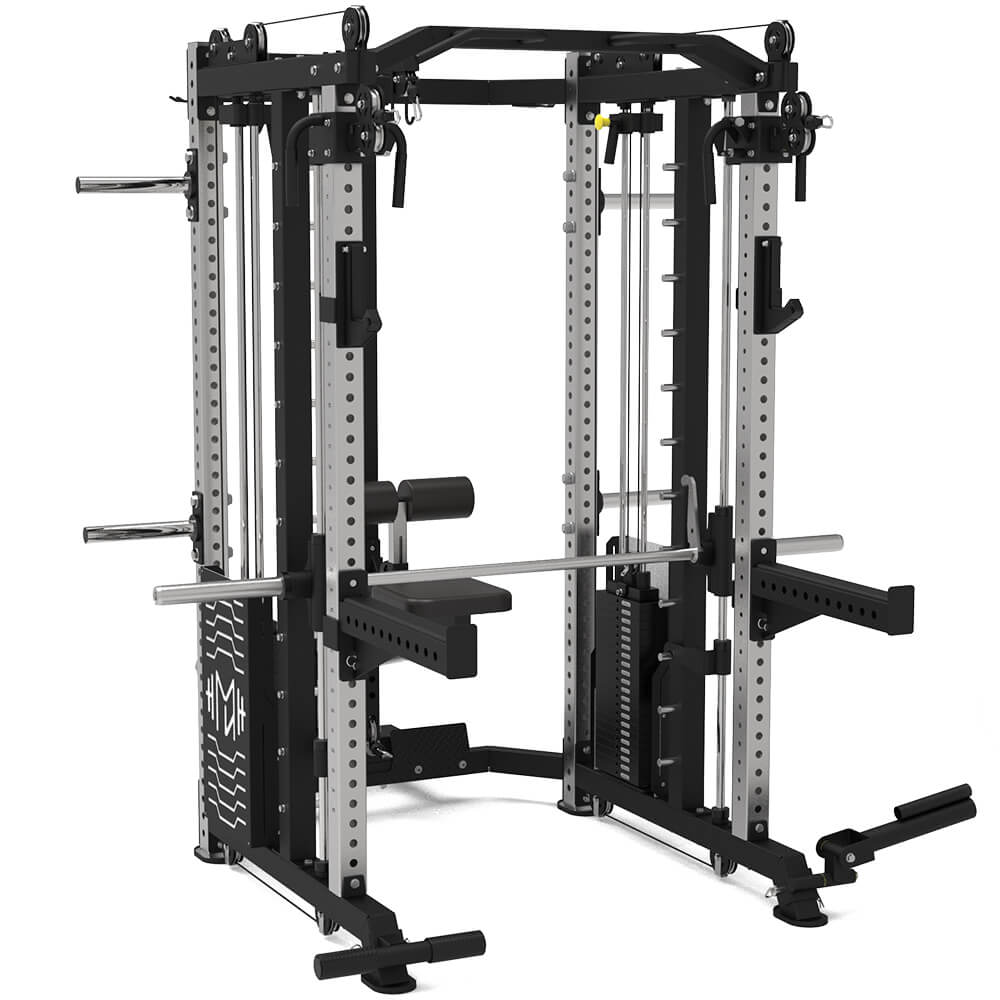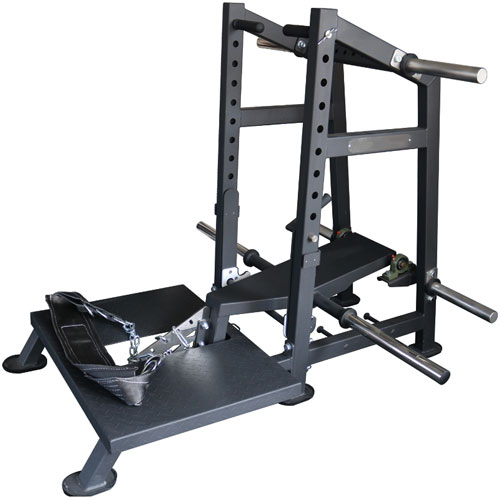Unlocking Value: The Benefits of Sourcing Chinese Weights
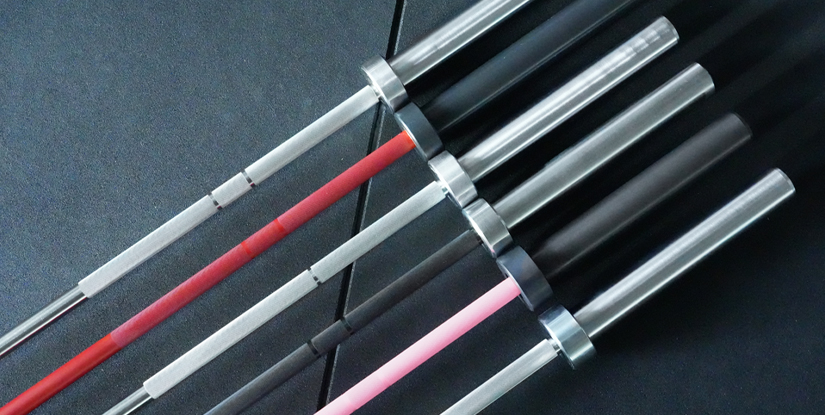
For fitness businesses, gym owners, and weightlifting enthusiasts, finding reliable and cost-effective equipment is crucial. China has emerged as a major player in the global fitness equipment market, offering a vast array of weights at competitive prices. However, navigating the Chinese weight industry requires careful research and due diligence to ensure quality and reliability. This comprehensive guide, brought to you by Leadman Fitness, a leading manufacturer with decades of experience in the industry, will provide you with the knowledge and strategies to make informed decisions and source the best weights from China for your specific needs.
Understanding the Landscape of the Chinese Weight Industry
China's weight industry has experienced remarkable growth, driven by technological advancements and economies of scale. Chinese manufacturers have invested heavily in state-of-the-art equipment and production facilities, enabling them to produce weights of exceptional quality and precision at competitive prices.
The Chinese weight industry encompasses a diverse range of manufacturers, from small-scale workshops to large-scale factories that export weights globally. These manufacturers specialize in producing a wide variety of weights:
- Standard weight plates (barbells and dumbbells)
- Specialty weight plates (hex dumbbells, kettlebells, etc.)
- Weightlifting bars (Olympic bars, power bars, etc.)
- Accessories (weight racks, benches, collars, etc.)
A Deep Dive into Types and Specifications of Weights from China
1. Standard Weight Plates: The Foundation of Strength Training
Standard weight plates are the workhorse of any gym or home fitness setup. They are versatile and come in various shapes, sizes, and weights, allowing you to customize your workouts and progress gradually.
- Barbell plates: These plates are designed to be loaded onto barbells for compound exercises such as squats, deadlifts, and bench press. They typically have a 2-inch center hole to fit Olympic barbells.
- Dumbbell plates: Used in pairs to perform a wide range of dumbbell exercises, including bicep curls, tricep extensions, and shoulder presses. They typically have a 1-inch center hole to fit standard dumbbell handles.
Standard weight plates range in weight from 1.25 pounds (0.5 kilograms) to 45 pounds (20 kilograms) and are typically sold in sets or individual pairs. Leadman Fitness offers a wide range of standard weight plates to meet your specific needs.
2. Specialty Weight Plates: Enhancing Your Training with Unique Designs
Specialty weight plates offer unique shapes and designs for specific exercises and training goals. They add variety to your workouts and can help target specific muscle groups more effectively.
- Hex dumbbells: Hex dumbbells have a hexagonal shape that prevents rolling, making them ideal for floor exercises and circuits. This also prevents injuries for home trainers.
- Kettlebells: Resemble a cannonball with a handle, designed for compound exercises that involve swinging, lifting, and pressing. They engage multiple muscle groups and are excellent for improving functional fitness.
- Adjustable dumbbells: Allow you to change the weight quickly and easily with a simple adjustment mechanism. This saves space and money compared to buying a full set of dumbbells.
- Olympic bumper plates: Are larger in diameter and made of dense rubber, designed for use with Olympic barbells in competitive weightlifting. They protect the floor and allow for safe dropping of the barbell.
3. Weightlifting Bars: Providing Support and Stability for Your Lifts
Weightlifting bars provide support and stability during weightlifting exercises. Different types of weightlifting bars are designed for specific exercises and lifting styles.
- Olympic bars: Are typically 7 feet long and weigh 45 pounds, designed for Olympic weightlifting and heavy compound exercises. They feature rotating sleeves to reduce stress on the wrists.
- Power bars: Are slightly shorter and thicker than Olympic bars, with a more aggressive knurling, designed for powerlifting and heavy squats and deadlifts.
- EZ curl bars: Are curved bars designed to reduce stress on the wrists during bicep curls and tricep extensions.
- Landmine bars: Are single-handled bars that allow for a wide range of rotational exercises. This is a common alternative for bench pressing.
Material Composition and Durability: What to Look for in Chinese Weights
Choosing the right material for your weights is essential for their longevity, performance, and safety. Chinese weights are typically made from a variety of materials, each with its own advantages and disadvantages:
- Cast iron: Durable and affordable, but prone to rust and corrosion if not properly cared for. Cast iron weights are best suited for general strength training and home gyms.
- Rubber-Coated: Cast iron weights coated with a rubber exterior that absorbs impact, reduces noise, and protects floors. These are a great all-around option.
- Urethane: A premium material that is more durable and less prone to damage than rubber or cast iron. Urethane weights are ideal for commercial gyms and heavy use.
- Stainless steel: Extremely durable and corrosion-resistant, but more expensive than other materials. Stainless steel weights are often used in high-end fitness facilities and training centers.
The durability of weights depends on the material used, as well as the manufacturing process. Look for weights that are made using precision machining or casting techniques to ensure accuracy and durability. Leadman Fitness uses advanced manufacturing processes to ensure that our weights meet the highest standards of quality.
Manufacturing Standards and Certifications: Ensuring Quality and Safety
When sourcing weights from China, it's crucial to consider manufacturing standards and certifications to ensure the quality and safety of the products. Look for manufacturers that adhere to the following certifications:
- ISO 9001: A globally recognized standard for quality management systems, ensuring consistent product quality and customer satisfaction.
- SGS Certification: Provides independent verification of product quality, safety, and performance.
- CE Marking: Indicates that the product complies with European Union safety, health, and environmental protection standards.
Why Choose Leadman Fitness for Your Weight Needs?
Leadman Fitness stands out as a leader in the weight manufacturing industry due to our commitment to quality, innovation, and customer satisfaction. Here's what sets us apart:
1. Vertical Integration: From Raw Materials to Finished Products
Leadman Fitness operates four specialized factories—Rubber-Made Products Factory, Barbell Factory, Casting Iron Factory, and Fitness Equipment Factory—allowing us to control every stage of the production process. This vertical integration ensures consistency in quality and reduces costs, enabling us to offer premium products at competitive prices.
2. Customization and Innovation: Tailoring Weights to Your Specific Needs
Leadman Fitness offers a wide range of customization options, allowing customers to tailor weights to their specific needs. Our dedicated research and development team continuously innovates, ensuring that Leadman Fitness remains at the forefront of the fitness equipment industry.
FAQ about Sourcing Weights from China
1. Why are Chinese weights often more cost-effective?
Chinese weights benefit from economies of scale and efficient manufacturing processes, which allow for competitive pricing without compromising quality.
2. What makes Leadman Fitness weights stand out from other Chinese manufacturers?
Leadman Fitness weights are produced in specialized factories with a focus on quality, innovation, and customization. Our vertical integration and rigorous quality control measures ensure that customers receive durable and reliable weights tailored to their needs.
3. Are Chinese weights suitable for professional athletes and competitive lifting?
Yes, Chinese weights are widely used by professional athletes and in international competitions due to their precision, durability, and adherence to strict quality standards.
4. What quality control measures does Leadman Fitness employ?
Leadman Fitness employs rigorous quality control measures at every stage of production, from raw material selection to final inspection. Each weight is tested for dimensional accuracy, surface finish, and overall integrity before being certified for use.
5. Can I customize weights from Leadman Fitness to match my brand or gym's aesthetic?
Yes, Leadman Fitness offers a wide range of customization options, including custom colors, logos, and designs, allowing customers to create weights that align with their brand identity and specific requirements.
Conclusion: Partnering with Leadman Fitness for Your Weight Sourcing Needs
Sourcing weights from China presents an exceptional opportunity for businesses to optimize costs while meeting or exceeding quality expectations. Chinese manufacturers have established a reputation for producing high-quality weights at competitive prices. They offer a wide range of material and design options, can customize weights to specific requirements, and are committed to ethical sourcing and labor practices. By navigating import regulations, leveraging distribution channels, and prioritizing sustainability, businesses can reap the full benefits of Chinese weights while contributing to the growth and progress of the industry.

